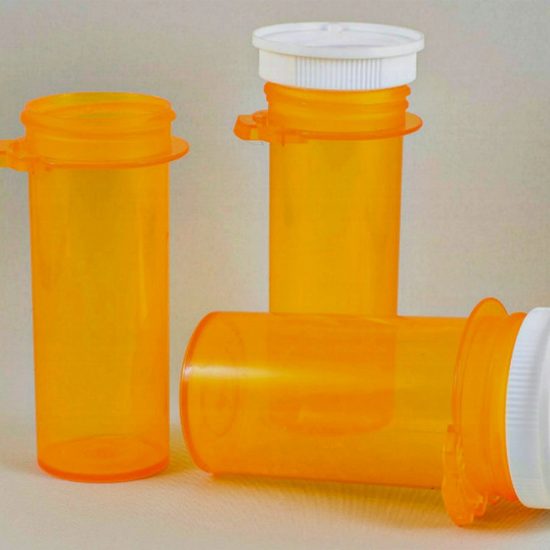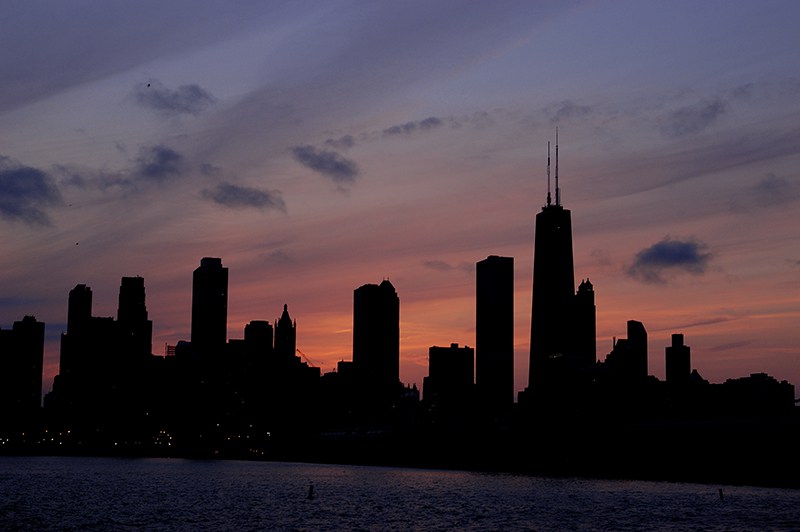
You’ve probably heard plenty of horror stories about people being caught under tons of debris from a falling building, the golden triangle, and other pleasant stuff about quakes. Let me tell you something – it ain’t pretty. Far from it! A quake can level entire cities in just a matter of seconds.
Remember that little Japanese garden you always enjoyed on the other side of town? Gone! Your favorite pub? Kaput! I kid you not when I say the earthquakes are, by far, the nastiest thing you can experience in terms of natural disasters. During one of my stays in Europe, I’ve heard this one particular tale told by a guy whom I imagined to be a paramedic or something.
Anyway, this guy said that during the 70s, a massive earthquake took an entire East European country by surprise. I’m talking here about entire neighborhoods razed to the ground, landlines disrupted, the works.
So, this guy tells me that it was not the collapsed buildings, nor the deafening sirens that got to him – it was the smell. Everywhere he went, he was followed by the same pungent aroma that turned his insides into mush: rotting flesh. It was so bad that the smell was still there weeks after firefighters and police officers managed to remove all the corpses. What do you do when you’re staring true horror in the face? Prepare and survive!
So with that in mind, I wanted to pull together this earthquake safety checklist which hopefully will point out any areas in your preps that you might need to work on. You can also find more information from FEMA’s Earthquake Safety Checklist downloadable as a PDF file and all the Earthquake information you can shake a stick at (no pun intended) on the USGS Earthquake hazard site.
How to prepare for an earthquake?
- Know where you are at all times and how to get out of the building. This is more important if you are in a strange place like a hotel in another city.
- Select a safe place in your home for everyone to wait out the earthquake if needed
- Practice earthquake drills with your family
- Keep flashlights and sturdy shoes available.
- Bolt gas appliances to walls (water heater, oven, dryers)
- Know how to shut off the gas in your house and have the proper tools on hand if you need to do this.
- Keep emergency supplies/bug out bags in a safe location.
- Have a plan for power outages before you are faced with one.
What should I do during an earthquake?
If you are indoors
- Move to your safe place as quickly as possible; make sure your head is protected from falling debris.
- Stay away from windows and glass.
- Stay indoors until the shaking stops.
- Use stairs instead of an elevator in case of structural damage or power outage.
If you are outside
- Find a clear spot away from any buildings, power lines, trees or streetlights.
- If you are in a vehicle (and notice the shaking in the first place) pull over to a clear spot and stop. Don’t pull under an overpass or anything that could fall and trap you.
- If any power lines are down stay away even if the power appears off. Especially if there are power lines on vehicles, do not touch the vehicle.
- If you are in the mountains or near cliffs watch out for rock-slides or unstable features. Landslides and avalanches can be triggered by earthquakes.
What do I do after an earthquake?
- The initial shock-waves may only be the first of many that could still cause injuries. Expect aftershocks and use the time between instances to get to a safer place. If you are anywhere near the coast Tsunamis could occur so immediately seek higher ground.
- Check your family or group for injuries and move injured people to a safe location.
- Make sure you are wearing appropriate clothing, footwear, and protection for your hands if there is a lot of debris.
- Make sure any fires are extinguished as quickly as possible.
- Check radios for the extent of the damage and any emergency notifications.
- You should already have stored water, but if not and the water is still working, it may make sense to fill your bathtubs (providing your house is safe) to use the water for hygiene if the water is cut off.
- Stay away from power lines and out of damaged buildings as much as possible.
- Contact your loved ones if possible and let them know you are OK.
- Go to your prearranged rally point if you are able to do this.
There you have it. Let me know what you think. Or if you any stories to share that we can all learn from.




















